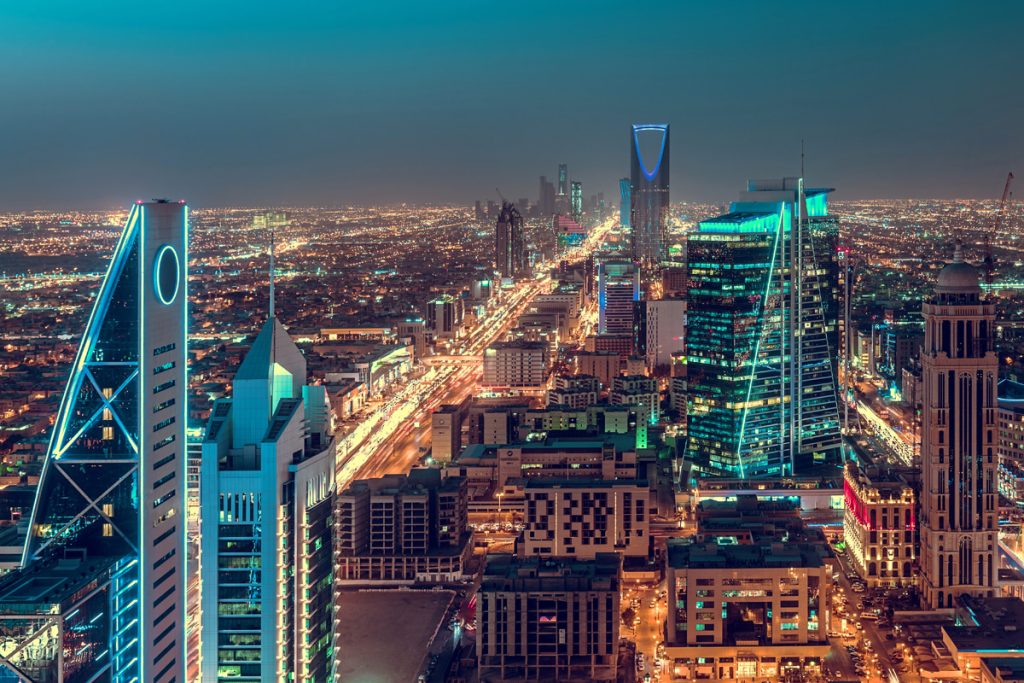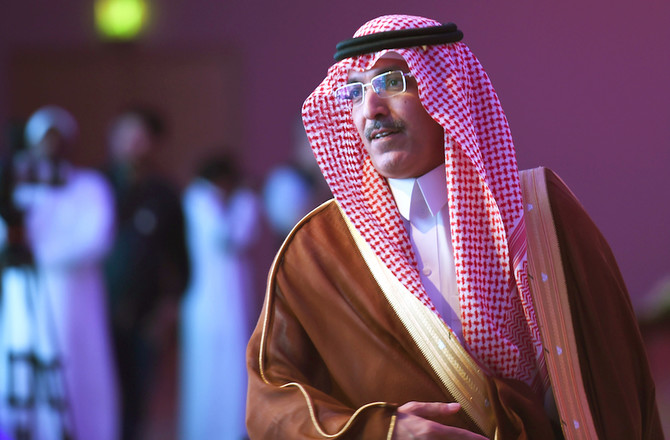Even that most international operators and investors have known it since years, most Western and Asian entities still have not been moving their regional (GCC) HQs to Saudi Arabia. As indicated several time by Saudi officials, the HQ requirement will be enforced if companies want to be shortlisted or even allowed to do business within the Kingdom. Until now main regional HQs have been set up in Dubai, Doha or even Bahrain, as these three options were preferred by most expats. At the same time most investments and attractive projects also have been situated inside of the UAE or Qatar, while Bahrain always has been playing the hub to address Saudi projects, until Vision 2030 mainly Saudi Aramco and its offshoots. Times are however changing, as the Kingdom has become a major construction and investment hub of the GCC region. To materialize on this, while ofcourse trying to undermine part of the attractiveness of other GCC countries, the full force of the Kingdom is now going to be used.

Saudi minister of finance Mohammed Al Jadaan bluntly stated to all that the Kingdom will be implementing its January 2024 deadline requiring international firms that wish to secure government contracts in the kingdom to locate their regional headquarters to Riyad. Companies have already had almost three (3) years to make the latter move, but most have been very reluctant or even totally against it. In February 2021 Saudi Arabia officially stated that it plans to cease contracting with companies whose regional headquarters are not located in the kingdom by Jan. 1, 2024, to help create local jobs for ambitious economic diversification plans and as regional competition grows. Al Jadaan stated to Reuters this week that the “deadline is not new, and yes it will be implemented”. Most companies have been worried about the latter move, as they are complaining about the regulatory framework, especially taxation. When addressing the statement made by Al Jadaan, investors and operators all said that they are hoping for an extension of the deadline. Looking at the current power position held by Saudi Arabia in the region, it is however not expected that the January 1, 2024 deadline will be extended. Al Jadaan also reiterated that a tax framework has been agreed upon already, but no additional information was given.

Looking at the growing impact of the current Saudi Vision 2030 Giga-projects, and the ongoing expansion of logistics, mining, ports and tourism, Riyadh holds the cards. No other opportunities on this scale exist at present in the GCC region, as the rush of the World Championship 2022 or Expo Dubai is over. No future multibillion plans are at present being discussed by Qatar and the UAE, while Saudi Arabia is even engaged in a possible World Championship Football 2034 and other main events. The multitrillion Vision 2030 strategy is continuing, with even more new endeavors to be presented the coming year (s). The Al Jadaan statements have been reiterated by Faisal Al Ibrahim, Saudi minister of economy and planning. The latter repeated Al Jadaan’s statement during an interview on US network giant CNBC, discussing the fact that the plan is still going ahead while addressing the Riyadh will be supporting companies to move. Al Ibrahim, while addressing an audience of the Future Investment Initiative (FII2023), an annual three-day finance and investment conference hosted by Saudi Arabia’s Public Investment Fund and a brainchild of the Vision 2030 project, said also that Saudi Arabia is prioritizing companies that create high quality jobs in the country.
